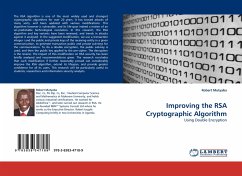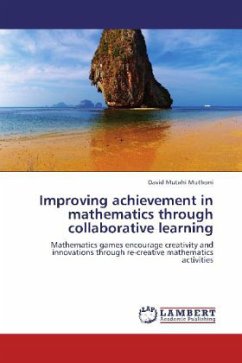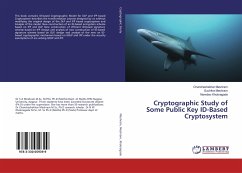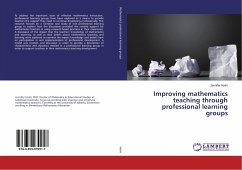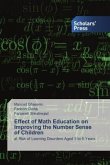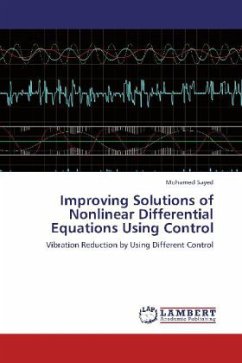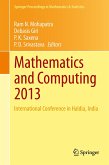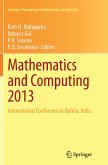The RSA algorithm is one of the most widely used and strongest cryptographic algorithms for over 20 years. It has braved attacks of many sorts, and been updated with various modifications. This algorithm however is vulnerable, and its life-span indeed a matter of an un-predictable technological revolution. In this research, the RSA algorithm and key variants have been reviewed, and trends in attacks against it analysed. In the suggested modification, we use a transaction integer i and the public and private keys of the receiving entity in a given communication, to generate transaction public and private sub-keys for the communication. To do a double encryption, the public sub-key is used, and then the public key applied to the pre-cipher. The decryption is the reverse. The impact of this modification on RSA security has been briefly analysed and recommendations given. The research concludes that such modification if further reasonably proved can considerably improve the RSA algorithm, extend its lifespan, and provide greater confidence for all its users. This research will be particularly useful to students, researchers and information security analysts.

